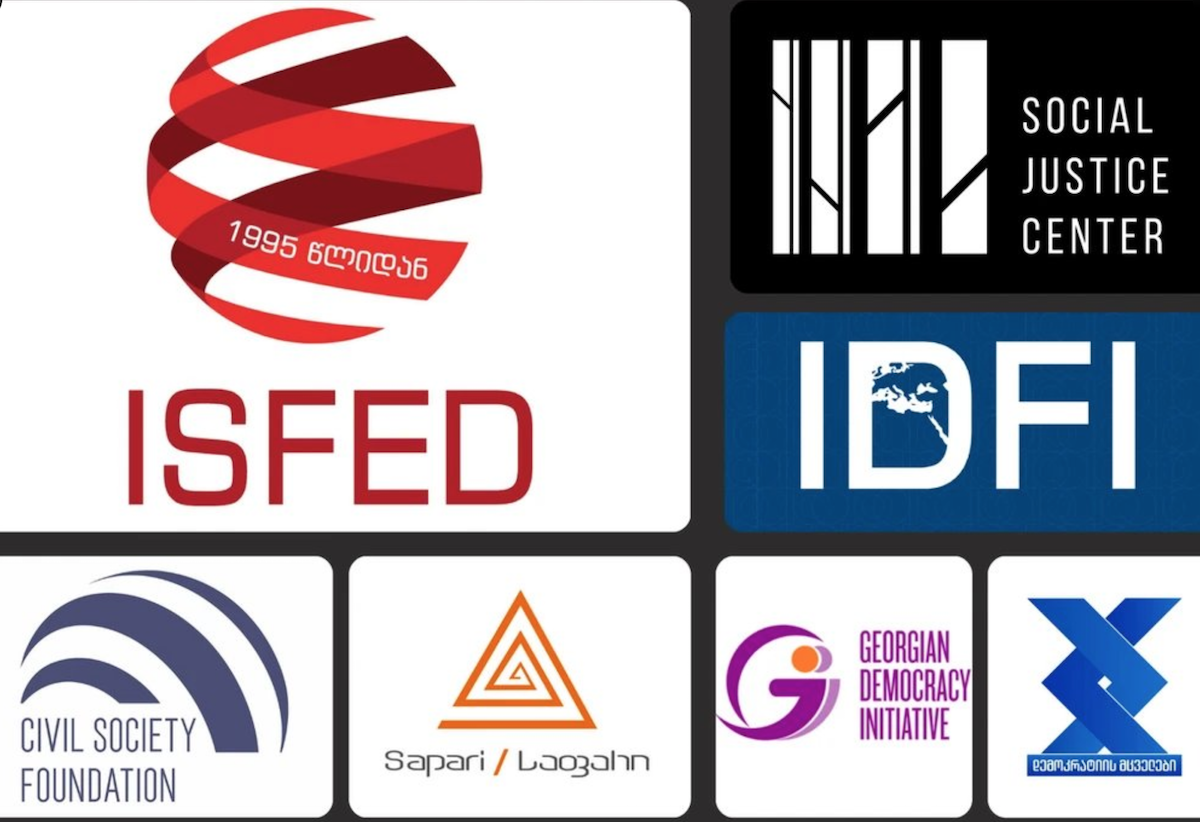UK embassy: freezing Georgian NGOs’ accounts may be aimed at silencing them
UK embassy on Georgian NGOs
The British embassy in Georgia has expressed deep concern over the freezing of bank accounts belonging to seven NGOs by the ruling Georgian Dream party, warning that the move may be politically motivated and aimed at silencing civil society groups.
Tbilisi City Court upheld a request from the prosecutor’s office to freeze the accounts of several NGOs, according to a statement from the Georgian prosecutor’s office.
The case is linked to an ongoing investigation into “sabotage” and “attempted sabotage under aggravating circumstances,” “collaboration with a foreign organisation or one under foreign control engaged in hostile activity,” and “mobilising funds for actions against Georgia’s constitutional order and national security.”
Prosecutors also claimed the organisations’ funds were used to purchase equipment such as specialised gas masks, protective goggles, shields, masks, pepper spray and other items “actively used by protesters during violent clashes with police.”
The UK urged the Georgian authorities to repeal repressive laws, end attacks on civil society and start dialogue with all stakeholders to resolve the political crisis.
Statement from the British embassy
“The UK is deeply disturbed by reports that the Prosecutor General’s Office has frozen the accounts of seven NGOs as part of an investigation into alleged acts of sabotage. We are concerned they have been targeted as part of a politically motivated effort to silence independent voices, rather than a legitimate response to any unlawful activity.
Activities of the NGOs in question include promoting free and fair elections and freedom of information; providing legal assistance to Georgian citizens; and supporting women and children, people with disabilities and survivors of domestic violence. Closing them down will harm the Georgian people and further erode democratic protections and accountability in Georgia.
We note the recent Opinion of the Council of Europe’s Expert Council on NGO Law which found that implementation of recent legislation will cause “grave and unjustified damage to civil society in Georgia” and is inconsistent with a wide range of commitments that Georgia, as a member state of the Council of Europe, has undertaken.
We call on the Georgian authorities to repeal repressive legislation, end its attacks on civil society, and engage in a national dialogue with all stakeholders to find a way out of the current crisis.”
UK embassy on Georgian NGOs





















